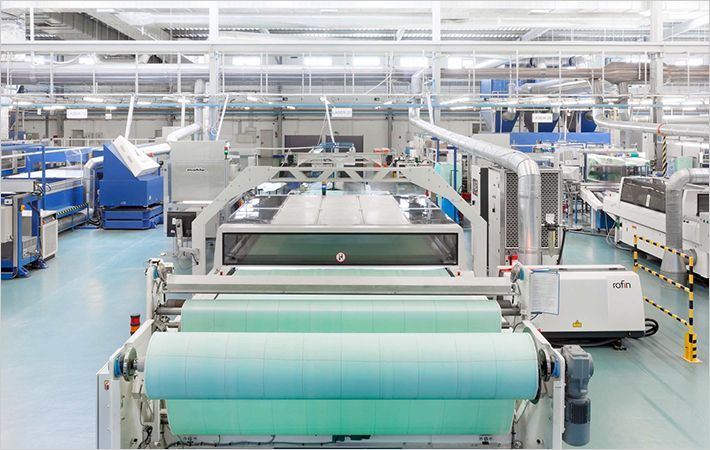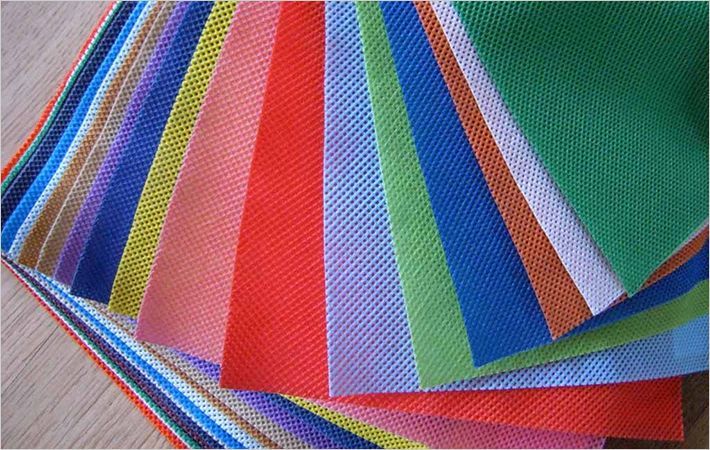Mitsubishi Plastics, Inc. announces launch of “DIALEAD K13916”, a new grade of pitch-based carbon fiber. Comprised of 16,000 (16K) filaments per fiber bundle, it is the first in the industry. K13916 has excellent rigidity (tensile elasticity: 760 GPa) and intensity (tensile strength: 3,200 MPa), enabling users to significantly reduce total costs.
There are currently two main classifications of carbon fiber; polyacrylonitrile (PAN)-based and pitch-based. Since pitch-based carbon fiber has excellent elasticity in tension (rigidity) and heat conductivity, it is possible to produce carbon fiber reinforced plastic products with the near zero coefficient of thermal expansion. Mitsubishi Plastics, Inc. announces launch of “DIALEAD K13916”, a new grade of pitch-based carbon fiber. Comprised of 16,000 (16K) filaments per fiber bundle, it is the first in the industry. K13916 #
Because of such properties, pitch-based carbon fiber is used for a wide range of purposes inside and outside Japan, including carbon rollers, manufacturing equipment parts and materials, automobile parts and materials, etc. However, pitch-based carbon fiber has expensive and can be difficult to handle during secondary processing. Such difficulties have presented challenges for carbon fiber manufacturers in expanding the market with pitch based carbon fiber.
“DIALEAD K13916” is a new grade of pitch-based carbon fiber developed to have ultra-high elasticity with tensile elasticity of 760 GPa. The modulus of elasticity (tension) is more than three times that of iron. In K13916, MPI has increased - the number of filaments per fiber bundle to 16,000 (16K), the first such product in the industry, by using a new spinning technology.
Additionally, the product exhibits excellent intensity (tensile strength: 3,200 MPa) through optimization of the production process. Because of its higher filament count and intensity, K13916 is more adaptable in secondary processing, such as prepreg (thick /thin) and pultrusion, thus significantly reducing the total costs to customers.
For example, when manufacturing carbon rollers, it is possible to produce a thinner and lighter roller with approximately 20% reduction in costs compared to conventional products. In addition, when processing the product to produce CFRP plates, it is possible to produce products with double the elasticity of iron, at a less expensive price.
Such cost effectiveness will expand the scope of applications, including reinforcing metals such as iron and aluminum, such applications as machine tool parts and materials, reinforcement materials for steel buildings, etc…. The existing grades of ultra-high elasticity/high intensity have been used for high-end segments such as artificial satellites due to their high price; however, the new grade “DIALEAD K13916” can significantly expand the scope of applications to general industry usage.
Mitsubishi Plastics has positioned this new product to have excellent elasticity, intensity, and handling capability and has designated it, together with “DIALEAD K13312” released last month, as a core grades of pitch-based carbon fiber DIALEAD series.. The Company will promote these two products through collaboration with Mitsubishi Rayon Co., Ltd., one of the group companies of Mitsubishi Chemical Holdings Group, while striving to attain the concept of “KAITEKI” advocated by the Group.
Mitsubishi Plastics

